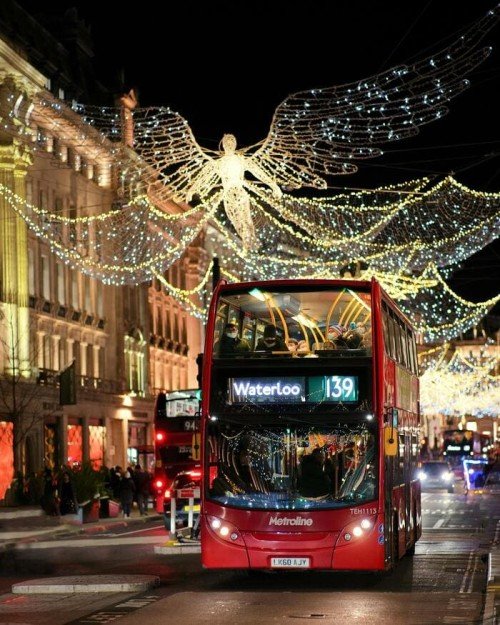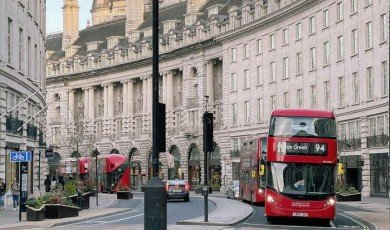
Regent Street, one of London’s most iconic and vibrant thoroughfares, is renowned for its historic architecture, world-class shopping, and cultural significance. As millions of tourists, international students, and global business visitors flock to this landmark destination, clear communication and accessible information are essential. This is where medical translation-services">translation plays a surprisingly important role.
From providing emergency healthcare guidance to translating public health advisories for international visitors, professional translation ensures safety, accessibility, and enhanced experiences for all who visit Regent Street. By leveraging translation medicine, authorities, healthcare providers, and businesses can meet the needs of a diverse, multilingual audience while maintaining accurate and culturally sensitive communication.
The Importance of Accessible Healthcare Information
Visitors to Regent Street come from every corner of the globe. While exploring shops, restaurants, and attractions, health emergencies or medical inquiries can arise. For non-English speakers, accessing healthcare services quickly and effectively can be a challenge. Miscommunication in these situations can lead to delayed treatment or misunderstandings regarding symptoms, medications, or procedures.
Professional translation medicine ensures that medical instructions, signage, and emergency guidance are clearly communicated across languages. From hospital directions to pharmacy information, these translations play a vital role in ensuring public safety in a high-traffic urban environment.
Medical Translation in Tourist Hotspots
Tourist hotspots like Regent Street require multilingual support for several reasons:
-
Emergency Response: Ambulance and first-aid services benefit from translated materials and multilingual communication guides, ensuring visitors understand procedures during emergencies.
-
Public Health Advisories: Information about local health regulations, seasonal illness prevention, or vaccination requirements must be accessible to all visitors.
-
Pharmacy and Clinic Access: Translated signage and instructions help international visitors locate and navigate healthcare facilities quickly.
-
Visitor Education: Informational brochures and digital guides in multiple languages enhance visitor experience and awareness of health and safety protocols.
By integrating translation medicine into tourist infrastructure, authorities ensure that visitors are informed, safe, and confident navigating the area.
Enhancing Visitor Experiences Through Translation
Beyond emergency healthcare, medical translation can improve overall visitor experiences on Regent Street. Accurate translation allows travelers to access:
-
Safety Guidelines: Clear instructions for crowd control, emergency exits, and first aid stations.
-
Health and Wellness Services: Multilingual brochures for local clinics, wellness centers, and pharmacies.
-
Public Events: Medical support information for festivals, exhibitions, and seasonal events held on or near Regent Street.
-
Travel Insurance and Emergency Contacts: Information on medical assistance, insurance policies, and emergency numbers in multiple languages.
These measures not only improve safety but also enhance visitor satisfaction and confidence, encouraging longer stays and repeat visits.
Translation Medicine in Action
Translation medicine involves more than simple linguistic conversion; it requires specialized knowledge of medical terminology, healthcare protocols, and cultural sensitivity. For instance, translating instructions for a pharmacy or hospital requires precision to ensure that dosage instructions, treatment guidelines, and emergency procedures are accurately conveyed.
Professional translation ensures that:
-
Medical Terminology is Accurate: Terms related to symptoms, treatments, and medications are correctly interpreted.
-
Cultural Sensitivity is Maintained: Healthcare instructions are presented in a culturally appropriate way.
-
Regulatory Standards are Followed: Translations comply with local healthcare regulations and international best practices.
By applying these principles, translation medicine ensures that visitors to Regent Street receive reliable, actionable healthcare information in their native language.
Technology Supporting Translation
Modern technology enhances the impact of medical translation in public spaces. Multilingual apps, digital signage, and online guides allow visitors to access medical information instantly. For example:
-
QR codes on signage linking to multilingual emergency instructions.
-
Mobile applications providing live translation for symptoms, medications, and nearby healthcare facilities.
-
Multilingual chatbots offering guidance for minor health concerns or directions to medical centers.
Combining technology with professional translation ensures rapid access to critical information while maintaining accuracy and cultural relevance.
Translation Enhancing Urban Visitor Safety
-
Emergency Healthcare Guides: In a central London tourist district, multilingual medical brochures and signage enabled non-English speaking visitors to navigate clinics and first aid points efficiently, reducing emergency response times.
-
Public Health Campaigns: Seasonal campaigns about flu vaccines and COVID-19 protocols were translated into multiple languages and distributed digitally and physically, improving compliance among international visitors.
-
Pharmacy and Clinic Access: Translation of prescription instructions and wellness materials helped international travelers understand dosage and usage guidelines, preventing medication errors.
These examples illustrate how medical translation not only safeguards visitor health but also strengthens the reputation of urban centers as safe, accessible destinations.
Strategic Benefits for Businesses and Authorities
Integrating translation medicine into Regent Street operations provides several advantages:
-
Enhanced Visitor Safety: Clear communication ensures timely medical care and reduces risk.
-
Increased Accessibility: Multilingual materials make healthcare resources accessible to diverse populations.
-
Improved Reputation: Visitors are more likely to recommend and return to destinations that prioritize their safety and well-being.
-
Operational Efficiency: Staff spend less time clarifying medical instructions when reliable translations are available.
These benefits extend beyond healthcare, positively impacting tourism, business, and public perception.
The Future of Medical Translation in Urban Centers
As cities become increasingly globalized, the demand for professional medical translation will continue to grow. Future trends include:
-
Real-Time Translation Tools: AI-assisted translation combined with professional oversight to provide live, accurate communication during emergencies.
-
Integrated Digital Platforms: Mobile applications and digital signage offering multilingual medical information in high-traffic areas.
-
Community Outreach Programs: Translated health education campaigns targeting tourists, students, and international residents.
-
Enhanced Multilingual Services: Expansion of translation support for clinics, pharmacies, and wellness centers in urban hubs.
By adopting these innovations, urban centers like Regent Street can enhance visitor safety, accessibility, and overall experience.
Conclusion
Regent Street is more than a shopping destination; it is a vibrant international hub that attracts visitors from around the globe. Ensuring the safety and well-being of these visitors requires more than infrastructure—it demands clear, accurate, and culturally sensitive communication. Professional medical translation and specialized translation medicine services provide the tools to deliver essential healthcare information effectively. From emergency guidance and public health advisories to pharmacy instructions and wellness support, translation ensures that all visitors, regardless of language, can navigate Regent Street safely and confidently.
In a world where global tourism and urban mobility are rapidly expanding, integrating translation medicine into public health and safety strategies is not just beneficial—it is essential. By doing so, cities can safeguard their visitors, enhance the visitor experience, and reinforce their reputation as inclusive, accessible, and globally welcoming destinations.
Most Read
Featured Posts

A Traveler’s Guide to Shopping and Style on Regent Street






